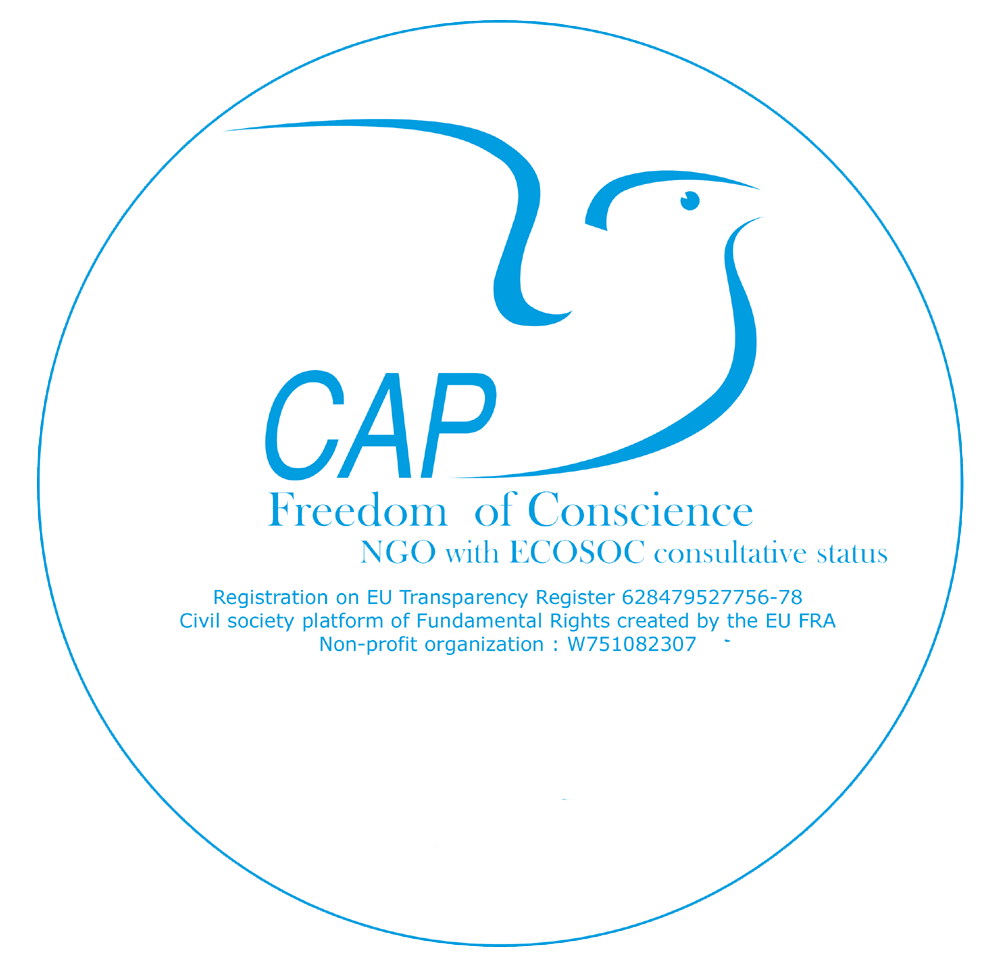On February 24, 2023, the French newspaper Le Monde published an article detailing the new restrictions imposed by the Chinese government on its citizens’ travel abroad. According to the report, an increasing number of Chinese, including ordinary civil servants and teachers, can no longer hold their own passports, which must be handed over to their work units. They then have to apply to their superiors if they wish to travel outside China’s borders.
This policy, which has long concerned the Chinese Communist Party (CCP) cadres, is now extending to many public sector employees. The Party seems to want to regain control over society, fearing that the liberalization of minds accompanying economic opening could lead to political weakening.
Among the reasons given by the authorities to justify these restrictions, the threat to national security due to the risk of infiltration by hostile foreign forces is regularly cited. But another risk seems to be worrying the regime: that Chinese citizens may be exposed to “reformist ideas deemed dangerous by Beijing,” or to the members of the Falun Gong movement.
Indeed, before the pandemic, Falun Gong members were regularly waiting for Chinese tourist buses along the Champ de Mars in Paris to raise awareness of their cause. However, Falun Gong is a privileged target of the Chinese regime, which sees it as a threat to its absolute power. Since 1999, thousands of Falun Gong practitioners have been arrested, imprisoned, tortured, and even victims of forced organ harvesting, according to many human rights organizations.
It is precisely to prevent Chinese citizens from being informed of these human rights violations that the government seems to want to restrict their travel abroad. CAP Liberté de Conscience, has been denouncing these barbaric practices for years. The organization has notably carried out awareness-raising and advocacy campaigns to denounce the forced organ harvesting of Falun Gong prisoners in China.
According to information gathered by Le Monde, some Chinese institutions even provide a “training” for their employees going abroad, urging them to “be vigilant,” “know the law,” and “not cross any red lines.” Enough to leave with peace of mind…
These new restrictions on travel abroad are part of a broader trend of the Chinese regime to tighten its grip on society. Under the presidency of Xi Jinping, the Chinese Communist Party has indeed implemented a “holistic national security approach” aimed at always controlling the environment, even for the most loyal Chinese to the regime.
Thus, the Ministry of State Security regularly publishes on WeChat examples of “threats” to which Chinese citizens could be exposed during their stays abroad, such as the risk of being recruited by enemy intelligence services. A way to deter the Chinese from traveling outside their borders and opening up to other influences.
Faced with these new obstacles to freedom of movement, many Chinese are becoming discouraged and even give up applying for a passport, for fear of being seen as disloyal or that their family will be frowned upon by the authorities. Some teachers and civil servants also testify to the opacity and complexity of the procedures to be followed to obtain travel authorization.
By thus restricting the travel abroad of its citizens, the Chinese government seems determined to maintain its control over society and prevent any questioning of its absolute power. A strategy that raises many questions about respect for individual freedoms in China.





